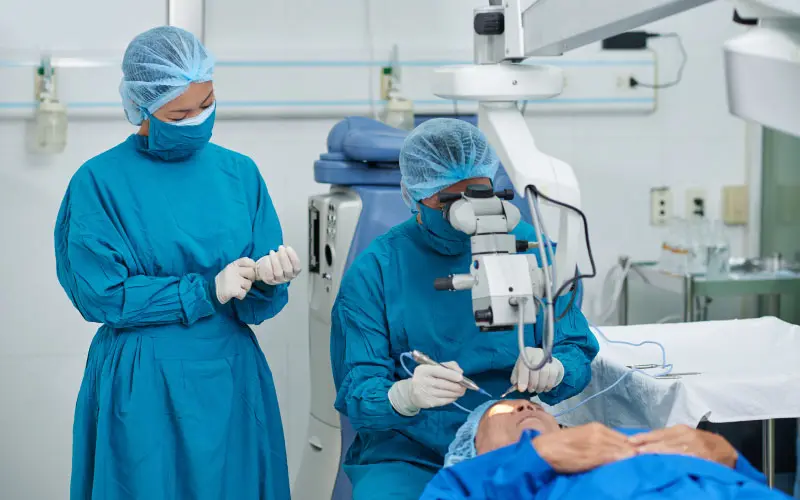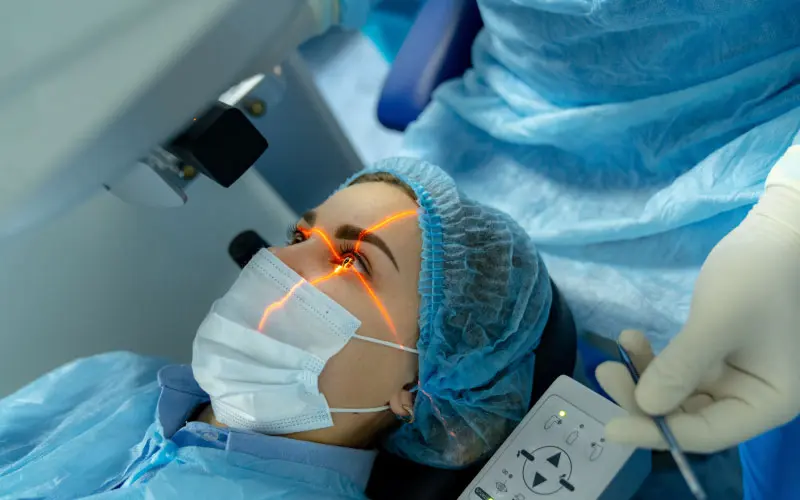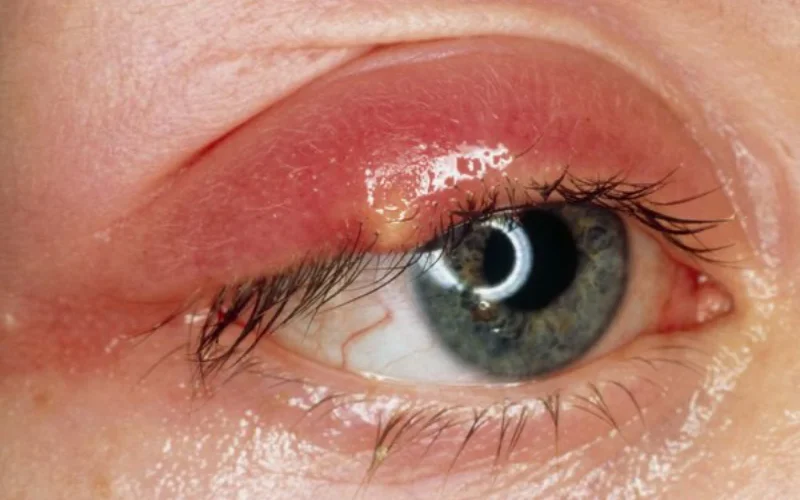What are cataracts?
Cataracts occur naturally as the lens in your eye becomes cloudy with time. They grow slowly but surely, eventually blurring vision and affecting your everyday routine. Everyone will develop cataracts, and nearly everyone will qualify for surgery, which involves replacing the cataract with a clear lens to help you see better. At Surgical Eye Experts, we want to help you see the world clearly again.








